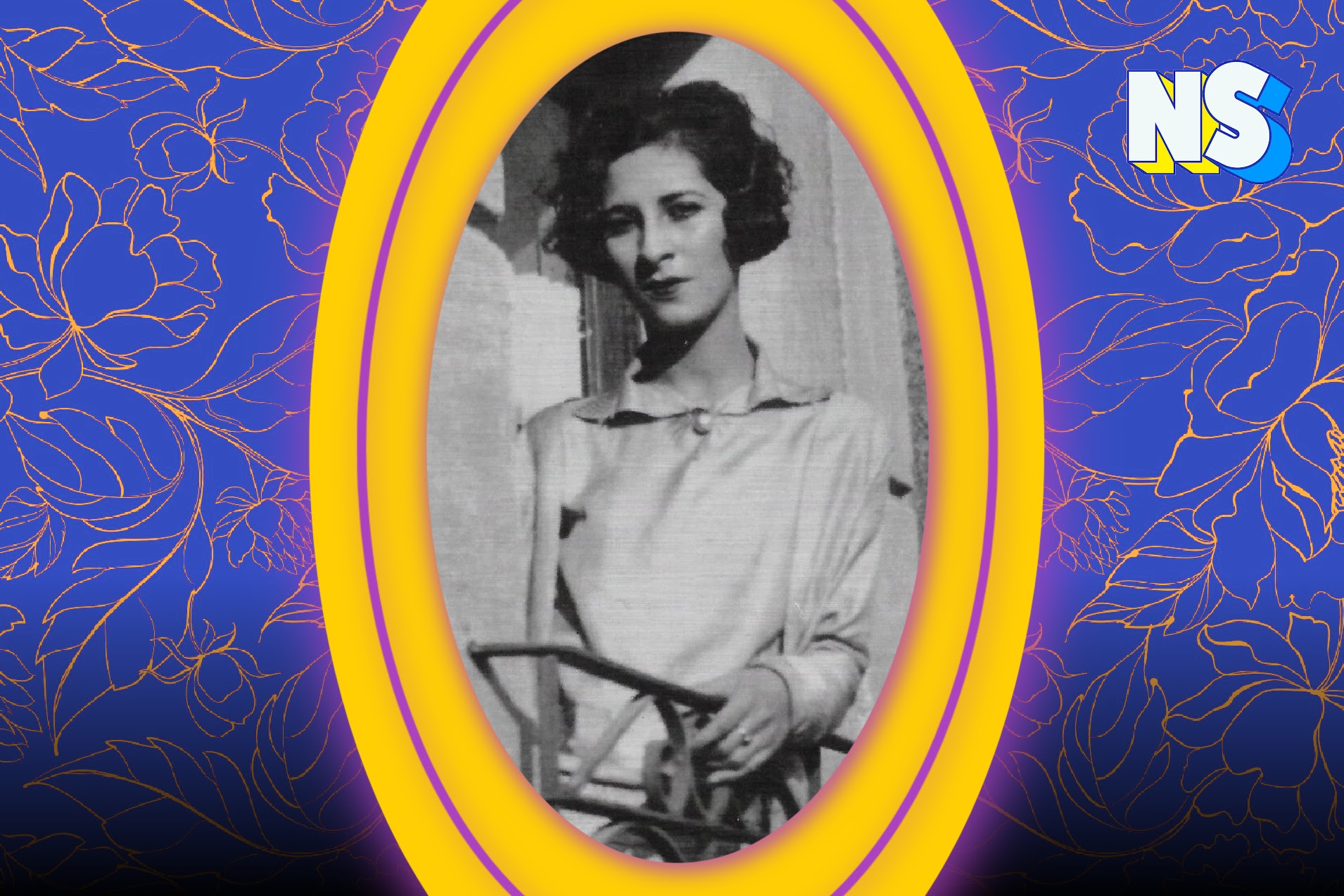
When we reflect on the significant milestones of the **labor movement** and the struggle for **civil rights**, one name that consistently stands out is that of **Luisa Moreno**. Born on August 30, 1906, in the vibrant city of Guatemala City, Moreno emerged as a crucial advocate for the rights of workers and the marginalized communities that often faced systemic oppression. Her life was marked by a relentless commitment to social justice, as she dedicated herself to fighting for the rights of those who were often overlooked and undervalued in society. But who was Luisa Moreno beyond her notable contributions? What were the key achievements that defined her legacy? Join us as we explore the remarkable journey of this inspiring figure, delving into her tireless efforts to uplift the voices of the disenfranchised and her lasting impact on both the labor movement and the civil rights landscape. Through her advocacy, Moreno not only championed the rights of workers but also paved the way for future generations to continue the fight for equality and justice.
Early Life and Education
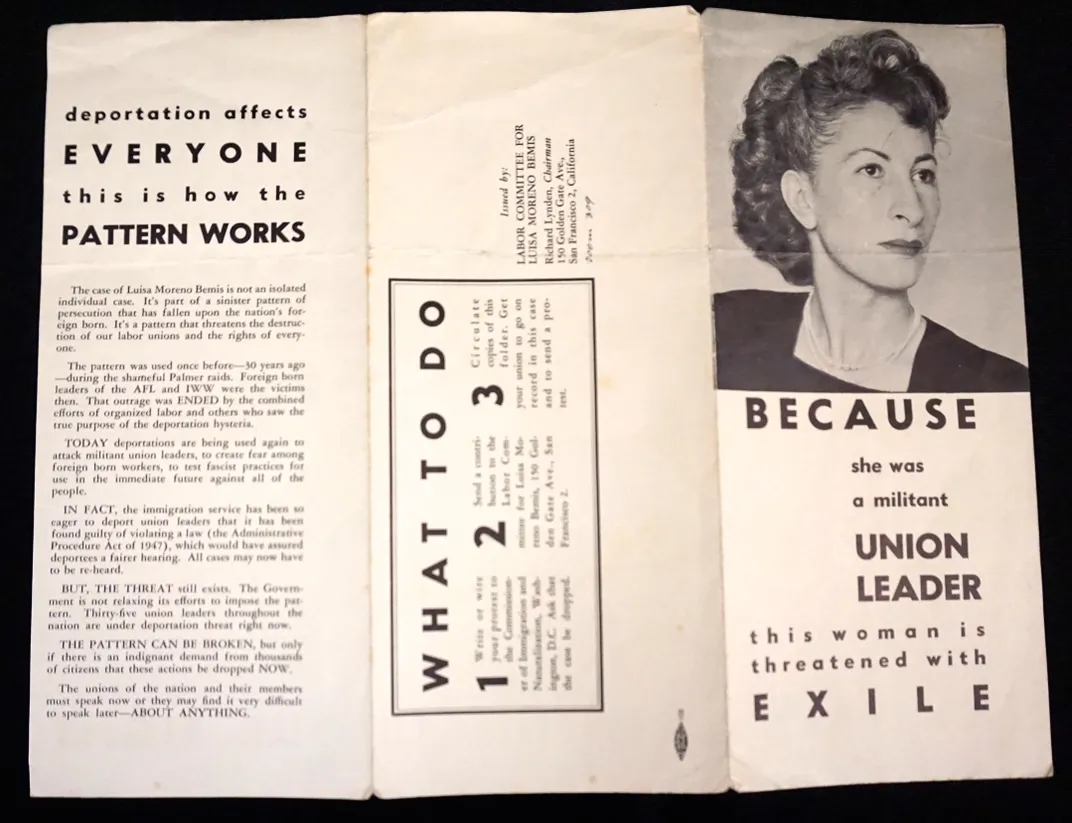
Roots in Guatemala
Luisa Moreno, who was born as Blanca Rosa Lopez Rodrigues, came from a privileged upper-class family in Guatemala. Her formative years were spent in Oakland, California, where she was introduced to a vastly different culture and educational environment. This exposure opened her eyes to the possibilities that education could offer. However, upon her return to Guatemala, she was confronted with a stark and disheartening reality: women were systematically excluded from enrolling in universities. This blatant discrimination must have been incredibly frustrating for her, as she had witnessed the opportunities available to her peers in the United States.
Advocating for Women’s Education
Rather than resigning herself to this injustice, Luisa decided to take a stand. She mobilized a group of like-minded individuals to advocate for the inclusion of women in higher education. This initiative not only highlighted the pressing need for educational reform but also marked the beginning of her lifelong commitment to social justice. Luisa’s early activism laid the groundwork for her future efforts, as she became a prominent figure in the fight for women’s rights and equality, inspiring countless others to join her cause.
Moving to the United States
/https://tf-cmsv2-smithsonianmag-media.s3.amazonaws.com/filer/9a/f7/9af7c303-2123-4800-89bf-88c06b05449e/luisa2.jpg)
Life in New York City
In the year 1928, Luisa embarked on a transformative journey to New York City, a bustling metropolis that promised new opportunities and a brighter future. Upon her arrival, she quickly found herself in the challenging role of supporting her husband and caring for their infant daughter. To make ends meet, she took a job as a seamstress in a local garment factory. The working conditions were harsh and unforgiving, with long hours and meager wages that barely covered the essentials. It was within this oppressive environment that Luisa’s sense of injustice began to intensify, igniting a fire within her that would change the course of her life.
Joining the Labor Movement
As time went on, Luisa became increasingly aware of the struggles faced by her fellow workers and the broader Latino community. She found herself drawn to the vibrant world of labor activism, where she connected with like-minded individuals who shared her desire for change. Luisa actively participated in strikes and demonstrations, passionately advocating for improved working conditions and fair wages. In 1930, she took a significant step in her political journey by joining the Communist Party. To navigate the complexities of her family’s disapproval regarding her political involvement, she adopted the name Luisa Moreno, symbolizing her commitment to the cause and her determination to fight for the rights of workers everywhere.
Organizing for Workers’ Rights

Professional Organizer with the AFL
In the year 1935, the American Federation of Labor (AFL) recognized her exceptional skills and hired her as a professional organizer. This pivotal moment in her career led her to take on the challenging task of organizing Florida’s tobacco workers, a significant undertaking that would lay the groundwork for her future achievements in labor organizing. Her efforts not only contributed to the empowerment of workers in the tobacco industry but also showcased her dedication to improving labor conditions and advocating for workers’ rights.
Joining the CIO
However, Luisa’s journey in the labor movement did not end with her work at the AFL. Demonstrating her commitment to broader labor rights, she made the courageous decision to break away from the AFL and join the newly established Unified Cannery, Agricultural, Packing, and Allied Workers of America (UCAPAWA), which was affiliated with the Congress of Industrial Organizations (CIO). This bold transition marked a significant turning point in her career, and her efforts were soon recognized when she became the first woman and the first Latino member of the CIO council, a groundbreaking achievement that paved the way for greater diversity and representation within the labor movement.
Key Achievements in Labor Organizing
| Year | Achievement |
|---|---|
| 1941 | She was appointed as the International Vice President of UCAPAWA, a role that underscored her leadership and influence in the organization. |
| 1943 | Luisa founded the Citrus Workers Organizing Committee, an initiative aimed at improving the working conditions and rights of citrus workers, further solidifying her legacy in labor organizing. |
| 1947 | After years of dedicated service and impactful contributions to the labor movement, she retired from public life, leaving behind a remarkable legacy of advocacy and empowerment. |
Championing Civil Rights
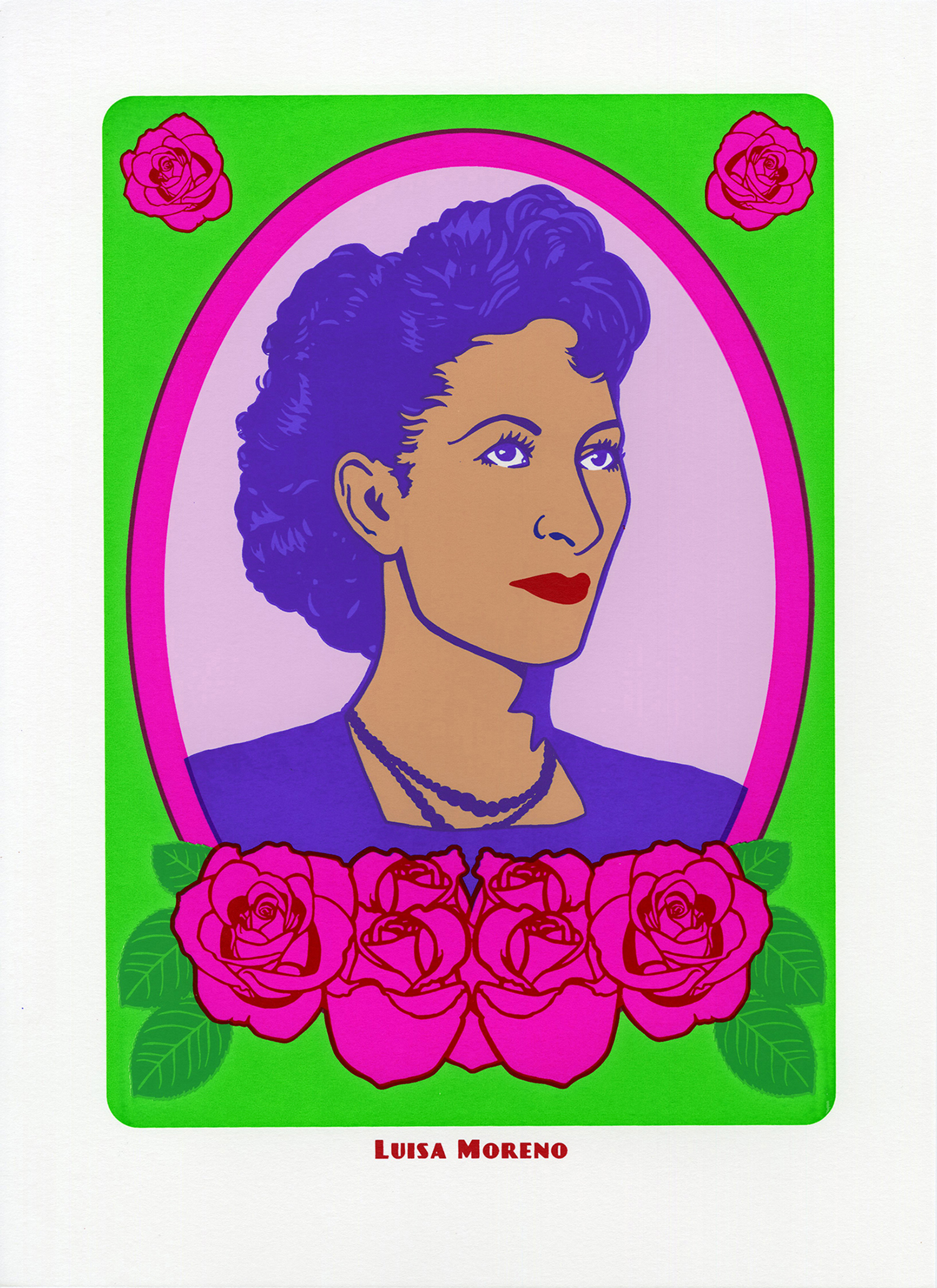
Advocacy for Hispanic Rights
During the late 1930s and 1940s, Luisa was not just a labor organizer; she was also a fierce advocate for **Hispanic civil rights**. In 1938, she founded the National Congress of Spanish Speaking Peoples, aiming to unite and empower Hispanic communities across the United States.
The Sleepy Lagoon Incident
In 1942, she played a crucial role in establishing a defense committee for Mexican Americans wrongfully arrested in Los Angeles after the infamous Sleepy Lagoon murder. This incident highlighted the rampant discrimination faced by Hispanic communities, and Luisa was at the forefront of the fight for justice.
Challenges and Deportation

Retirement from Public Life
Despite her significant contributions, Luisa retired from public life in 1947. The political climate was changing, and her identification as a communist led to increasing scrutiny.
Deportation to Guatemala
In 1950, Luisa was deported to Guatemala, a painful end to her activism in the U.S. But her legacy lived on. She had paved the way for future generations of activists and labor organizers.
Legacy and Impact
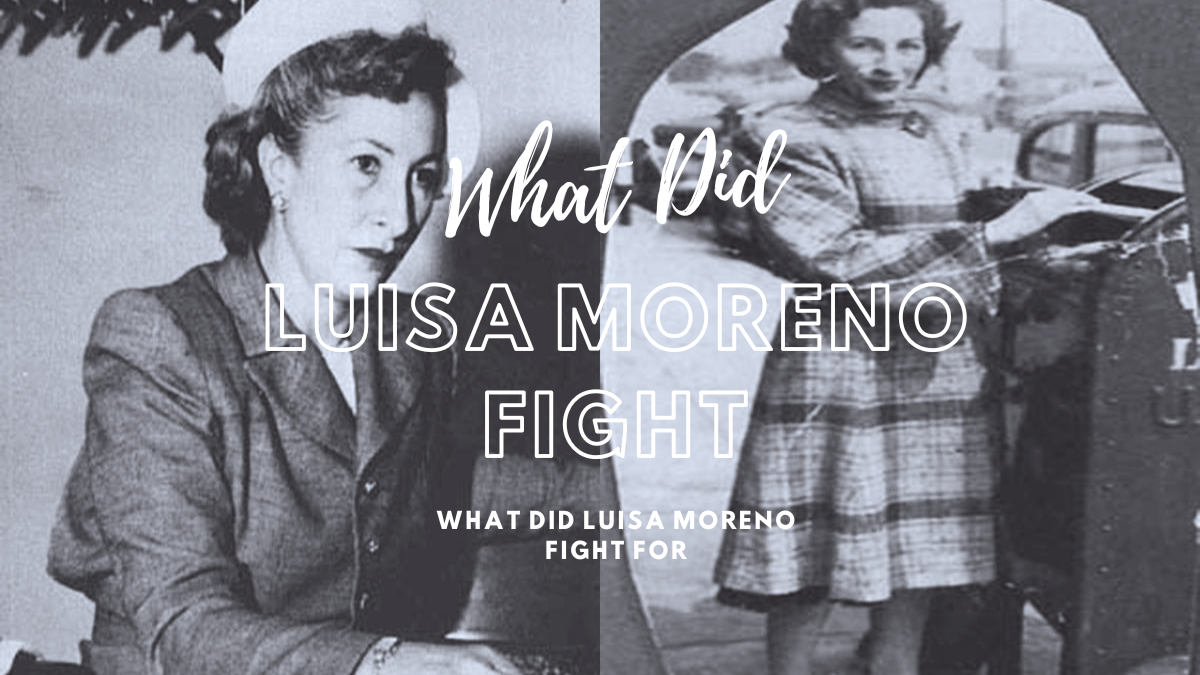
Inspiration for Future Generations
Luisa Moreno’s life is a testament to the power of activism. She showed us that one person can make a difference, and her story continues to inspire countless individuals fighting for **workers’ rights** and **civil rights** today.
Recognition and Honors
Though she faced many challenges, Luisa’s contributions have been recognized posthumously. Schools, organizations, and events honor her legacy, reminding us of the importance of fighting for justice and equality.
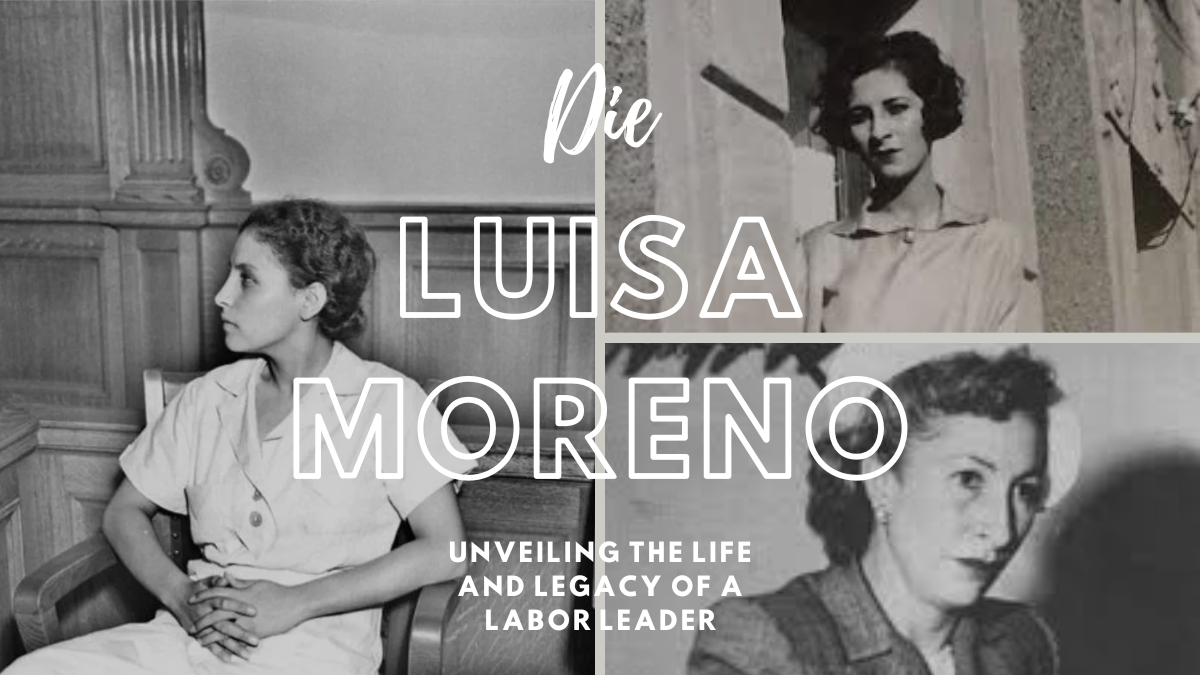
In a world where the fight for **labor rights** and **civil rights** continues, Luisa Moreno stands as a beacon of hope and resilience. Her journey from Guatemala to the forefront of the labor movement in the United States is a powerful reminder that the struggle for justice is ongoing. So, the next time you hear about labor rights or civil rights, remember Luisa Moreno and the indelible mark she left on history.

